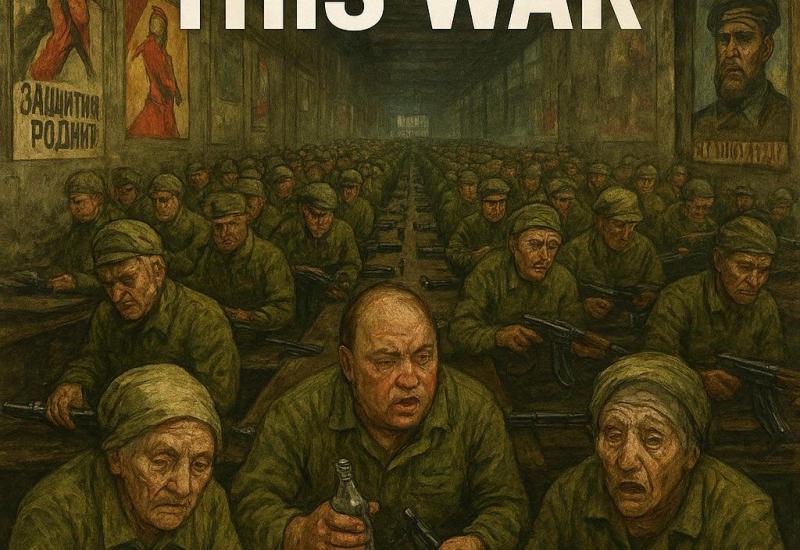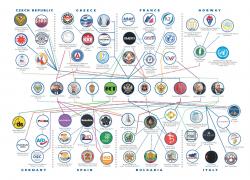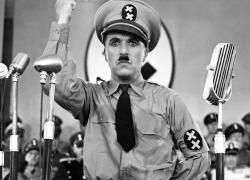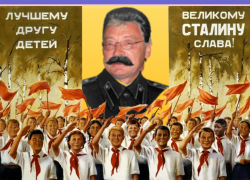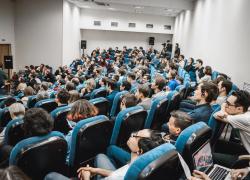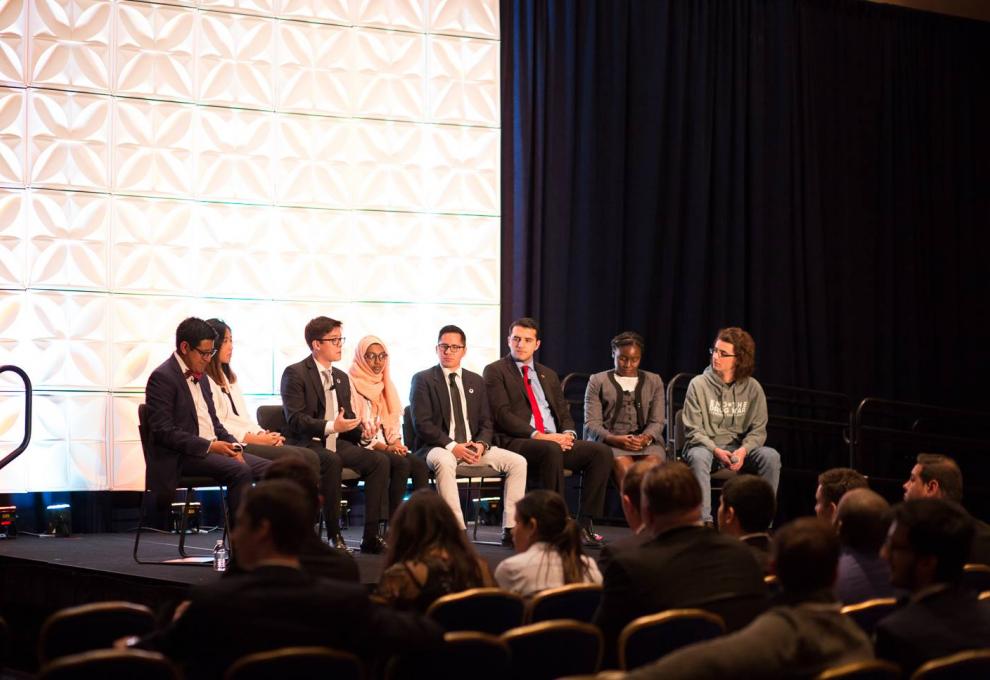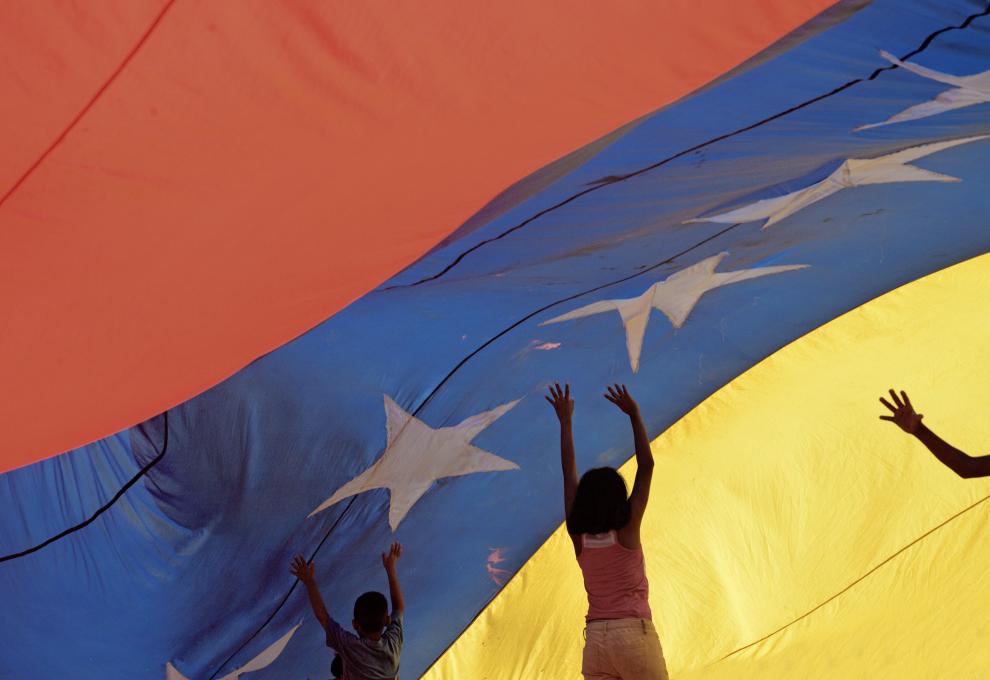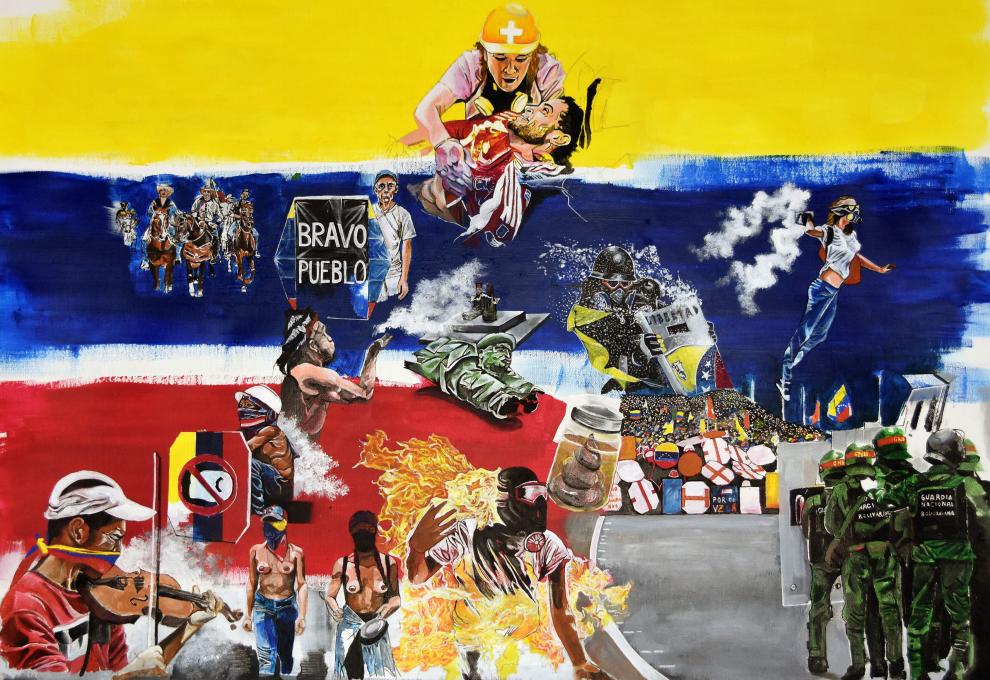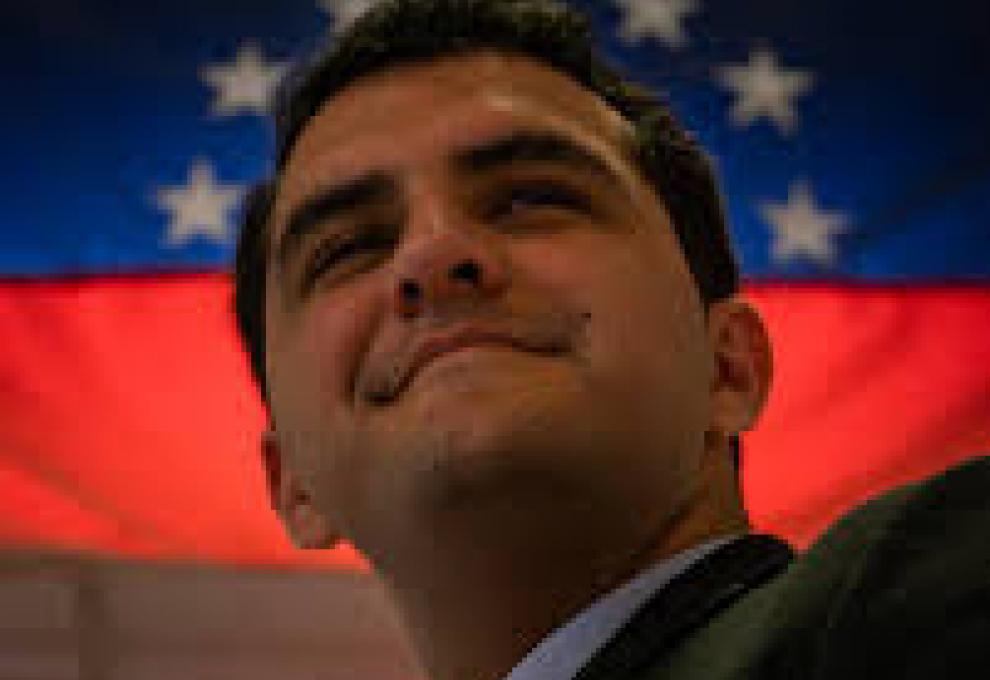Venezuela’s Latest Sham Election
Venezuela will hold another sham election on Sunday.
On Sunday, Venezuela will hold its latest sham election. This time to “elect” regional and municipal authorities, including 23 governors and 335 mayors.
I call it a sham, as the country does not have even the minimum conditions for having free, verifiable, and fair elections. To put it simply, how can a country without freedom of expression and freedom of assembly hold an election?
In other words, do people in Venezuela can actually vote? The Venezuelan people not only fear the regime and its security forces but it is also important to remember that most political parties have been illegalized by the regime and most politicians are in exile,
Despite these conditions, the most moderate part of the opposition has decided to participate in the elections. And by “moderate,” what I am doing is using a euphemism for the part of the opposition that is non-treating to the status-quo.
The moderates argue that boycotting the election will not do any good and that participating is actually the best strategy. However, winning a mayorship or a governorship will not resolve almost all the problems of the Venezuelan people.
Moreover, in the past, when the opposition won a governorship, for instance, the central government’s response consisted of taking away the funding and competencies of the governorship, leaving the governor with no real capabilities. The central government (regime) did this by creating a parallel institution to the governorship.
So, no one should be fooled by Sunday’s “election.” From the judicial system to the country’s electoral system is controlled by Maduro and his loyalists. On the electoral field, there is nothing to do.
So, let’s see what the European Union says, as they sent roughly 130 observers to Venezuela, a decision that has been criticized by some, praised by others.
In my opinion, the EU presence in Venezuela is an opportunity to actually document all the irregularities that take place in Venezuela. If they do that, then the EU will be helping the Venezuelan people in their quest for freedom. If they don’t and act like things are normal in Venezuela, then they will be siding with the dictator.
By Jorge Jraissati
Jorge Jraissati is a Venezuelan economist and freedom advocate. He is the Director of Alumni Programs of Students For Liberty, an NGO advancing the ideas of a free society in over 100 countries. Beyond SFL, Jorge is a research consultant for IESE Business School, an economist from the Wilkes Honors College, and the President of Venezuelan Alliance, a policy group specialized in the Venezuelan humanitarian crisis. Jorge is a weekly columnist at Freedom Today Network.



